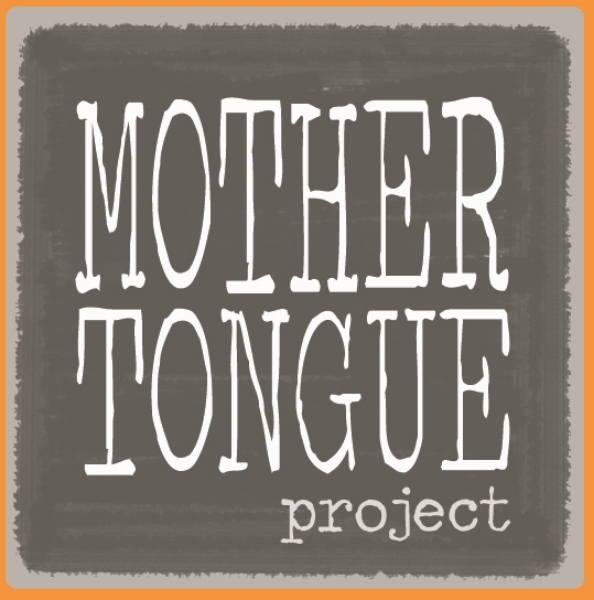Mother Tongue Project is a relevancy-based language and literacy project for parenting students in Santa Fe, New Mexico.
College: Where we are now
We adapted our high-school curriculum to serve student parents at Santa Fe Community College with a parenting-specific English course. This topically focused section of SFCC’s first-semester college-level English writing course provides students with school supplies, all class materials, options for on- and off-site tutoring, and a no-strings stipend for successful course completion.
MTP also contributes to SFCC’s notable family-friendly campus initiatives and support for its parenting students.
High School: Where we started
We began serving teen parents at Santa Fe High School and Capital High School with a signature, two-year, English curriculum that combined high academic expectations with high individual support, mentorship and public-speaking opportunities, family literacy guidance and essay publication.
Background
In a state that ranks among the highest in the U.S. for teen parenthood and poverty, and among the lowest for educational attainment and child well-being, the Mother Tongue Project sees teen parenthood as an opportunity to actively reengage students with learning—and sophisticated literacy education as critical to this effort.
Researcher Lee SmithBattle writes about the motivation of teen parents to not only remain in high school but also to consider pursuing higher education. Realistically, she mentions that these students' “renewed commitment to school was often thwarted by competing work demands, family responsibilities, and school policies and practices." But her takeaway is these students' potential, and "that professionals are missing a critical opportunity to promote teen mothers' educational goals and their long-term success.”*
Mother Tongue Project embraces this opportunity by making literacy education relevant and accessible to teen parents. Three integrated programs form Mother Tongue Project:
Mother Tongue English Class is a critical reading and writing class the teaches college-preparatory English fundamentals. The class provides high-school English credit and meets Common Core State Standards; the syllabus is grounded in teen-parent-authored essays; fiction, drama, and poetry directly and/or thematically related to parenting, gender roles, outsider status, and other topics germane to teen parents' experiences; current-issue articles; and other materials demonstrating the power of voice and effective communication.
Mother Tongue Library is a diverse, high-quality collection of literature that addresses issues of sexuality, teen pregnancy and parenthood, shifting identities, sexual politics, and the roles of maternal voices.
Mother Tongue Mentors is a community of former teen parents who have achieved academic, professional, and personal goals, and who mentor current teen parents as real-life role models.
Fundamental to Mother Tongue Project is the conviction that its students are intelligent, creative, and resourceful; their academic achievement has not suffered from lack of capacity so much as from a combination of inadequate resources and opportunities, chronically low expectations, and a failure to make education relevant to their experiences. By addressing these deficiencies at the critical point of motherhood, Mother Tongue Project gives teen parents confidence to graduate from high school and pursue further education, to engage the world as articulate and expressive citizens, and to effectively advocate for their children’s futures.
*Lee SmithBattle, “I Wanna Have a Good Future: Teen Mothers' Rise in Educational Aspirations, Competing Demands, and Limited School Support” (2007) Youth and Society, 38, 348-371.

